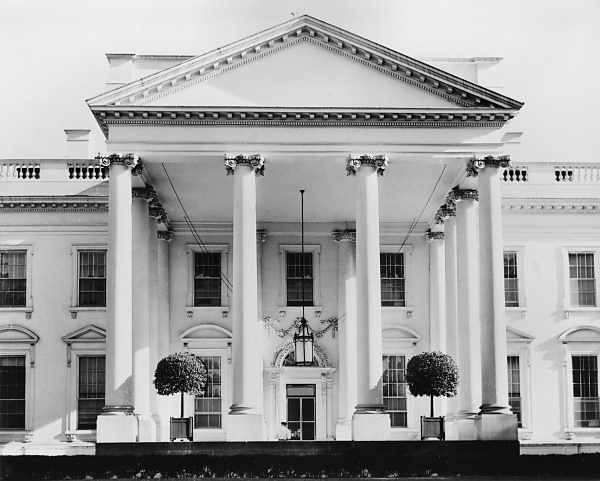You may have heard about Section 230, but what exactly is it? Section 230 is a federal law passed as part of the Communications Decency Act of 1996 (CDA) which contains two provisions that prevent internet service providers and website companies from being held liable for most content created by users of their services, including content that could be considered false or defamatory.
At the time of the bill’s passage, household internet usage was limited but rapidly growing. Societal concerns over access to pornography and sexually explicit materials by minors accompanied the rapid growth of internet usage and became notable political issues in the 1980s and 1990s. Congress sought to address concerns over pornography through legislation, including the passage of the Communications Decency Act, which became Title V of the Telecommunications Act of 1996. Shortly after passage, the American Civil Liberties Union challenged the constitutionality of the CDA on the grounds that it violated the First Amendment and Fifth Amendment. In a unanimous decision in 1997, the U.S. Supreme Court ruled in Reno v. ACLU that the Act violated the First Amendment. The decision invalidated much of the CDA with the exception of the language of Section 230, which was not the subject of the ACLU’s legal challenge, thus Section 230 was left intact and remained federal law.
The legal and social relevance of Section 230 has grown in the 21st century as internet use has expanded, causing the provision to attract both critics and defenders. Critics have argued that the law has exempted online companies from a legal responsibility to moderate what they view as harmful content and that it has protected companies that discriminate or censor content. Supporters of Section 230 have argued that it serves to promote and protect free speech and user choice on the internet.
On May 28, 2020, President Donald Trump (R) signed Executive Order 13925: Preventing Online Censorship which included a provision asking the Secretary of Commerce and Attorney General to, acting through the National Telecommunications and Information Administration (NTIA), file a petition for rulemaking with the Federal Communications Commission (FCC) requesting that the FCC clarify certain rules for the application of Section 230. The Department of Justice, on September 23, 2020, sent a letter to Congress proposing four areas for amendments to Section 230. One month later, on October 15, the FCC Chairman announced the Commission would work on clarifying the meaning of Section 230. On May 19, 2021, President Biden (D) signed Executive Order 14029: Revocation of Certain Presidential Actions and Technical Amendment, which included a provision to revoke Executive Order 13925. In addition to these actions, multiple bills have been proposed since the beginning of 2020 in Congress to amend Section 230.
Additional reading:
- Communications Act of 1934
- Federal_Communications_Commission
- Federal policy on technology, privacy, and cybersecurity, 2017-2018
- Net neutrality responses by state
- Department of Justice’s Review of Section 230 of the Communications Decency Act of 1996
- Executive Order 13925: Preventing Online Censorship
- Executive Order 14029: Revocation of Certain Presidential Actions and Technical Amendment
- Statement of Chairman Pai on Section 230


